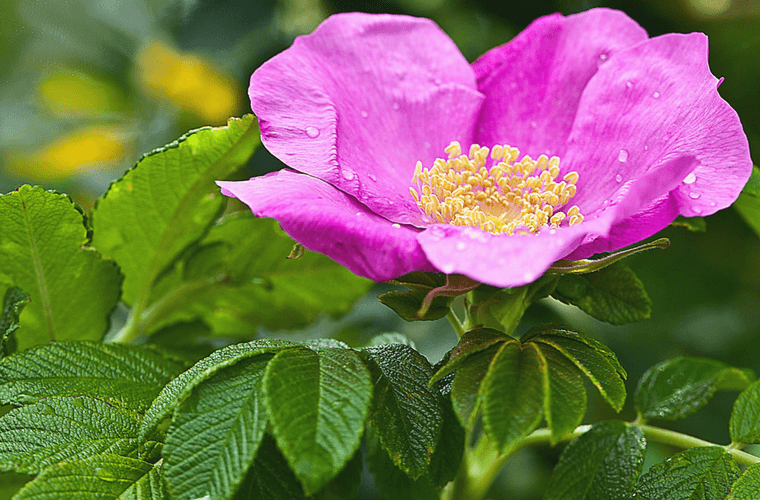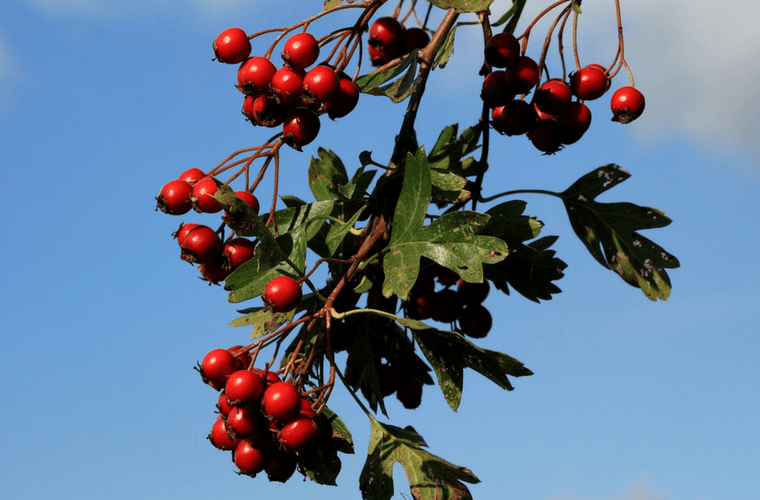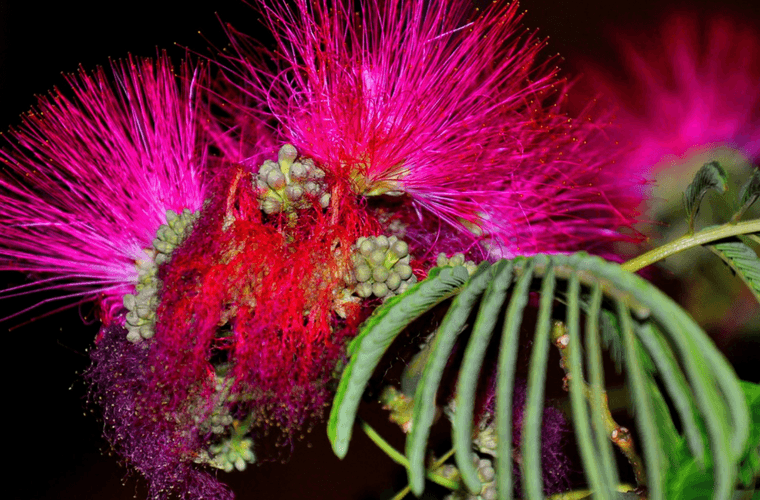It’s been a week…
Last Saturday at 6 a.m. we took my doggie to the Angell Animal Medical Center. Unfortunately, this was a one way trip for my little pup.
Last week has been filled for me with tears and reliving of happy adventures together.
Ginger (or Ginie) came into my life in July of 2005. The decision to get a dog was a big one for me. I had two dogs when I was very young. Both didn’t work out well – one kept running away from my parents, and the other got very ill soon after we got him.
I was very excited, but also anxious. After much exploration, doing my homework and asking lots of questions, I ended up with an Airedale terrier puppy.
My Mom holding Ginie during her first few days in Boston
Her first nickname was Half Pint. In case you are wondering, she was the runt of the litter. A small, sweet girl, that was clever and absolutely adorable.
We picked her up in Vermont, and for the next 4 hours she sat in mine and then in my mom’s lap on the way to Boston. We fell in love in those 4 hours, and the feeling was mutual and tender.
A week after Ginie’s arrival I met a guy (now my husband) and two of his dogs marking this an era in my life.
I remember so many of the crazy adventures of her puppy-hood.
She didn’t like to walk on the leash so I sang to her to get her moving.
She was afraid of stairs and elevators so my husband taught her how to storm those.
She was afraid of flies hiding from them under the table.
She was smart and curious and liked the lawn in front of the Massachusetts Institute of Technology. So my mom and hubby gave her a new nickname ‘MIT material’. 🙂
She was a little clown and a gentle protector who always came to your side when you were sad.
Ginie brought a lot of joy and happiness to all of us.
From the very beginning Ginie wasn’t the healthiest creature (unfortunately, a characteristic of a number of pure-bread dogs as I learned later on). Despite all the problems, she had the most amazing spirit. Her little tail was always up like a flag.
My Mom retired last year, and Ginie began spending the majority of her time with my parents coming home to visit us. She became my mom’s lieutenant and her perfect companion.
A couple of weeks back my parents noticed significant changes in her eating patterns. After a trip to Emergency Room and a battery of tests Ginie was diagnosed with a liver cancer.
Despite all our efforts, she got significantly worse extremely quickly. She stopped eating completely and lost her usual energy and love for life.
We realize that Ginie was 12.5 years old (with a normal lifespan for an Airedale terrier is 10 to 13 years), but this loss of our friend and family member doesn’t become any easier.
I kept replaying the last few days of Ginie’s life wondering if there was anything that could have been done better or differently. I know in my heart the answer to this question, but the sadness still remains.
Several years ago, I took a program with David Winston at his Center for Herbal Studies.
One day we were talking about plants for broken heart. I remember being surprised that there are plants that can help you handle grief and sadness.
David shared with us three plants in his formula called Grief Relief.
In this post I am talking about a loss of my pup, but this formula can be used in many other situations (e.g., loss of relationships, friendships and so much more)
Image courtesy of Pixabay/uroburos
1. Rose petals
Rose (Rose gallica) is a plant grown in temperate regions all around the world. Flower petals and fruits or hips are used medicinally.
In this formula David uses rose petals for their nervine and antidepressant qualities. The formula above is typically utilized for grief, sadness and emotional trauma.
But rose petals are also known for their anti-inflammatory, skin soothing and even antibacterial effects.
Another herbalist, Katja Swift, taught me that rose is a plant that surrounds you with the protective armor (of its thorns) at the times of emotional unease.
I typically stock up on Rose elixir from Avena Botanicals. The sweetness and fragrant smell of this elixir lifts up your spirits. I like adding it to my tea.
Image courtesy of Pixabay/Herbert2512
2. Hawthorn berries, flowers and leaves
Hawthorn (Crataegus oxycanthoides) is a lovely tree native to Europe, western Asia and North America.
It belongs to the same family as Rose (Rosaceae), and charms us with beautiful blossoms in the spring. In the fall it has berries. The branches of tree have large thorns.
Hawthorn berries are known as a cardiac trophorestorative (in a simpler language, food for your heart).
If you’ve heard of Hawthorn and its effects on the heart you won’t be surpised by its antioxidant, antispasmodic and even vasodilator activities.
What might surprise you is that Hawthorn is also a nervine. It can be used in treating anxiety and in combination with the two plants I describe in this post used for intense sadness, treating broken heart and grief.
If you want to check out Hawthorn on its own, I love this solid extract made by Herbalist and Alchemist. It tastes like jam, and my parents have good amount of these little containers in their refrigerator.
I feel that most people who are trying to enhance their heart health should learn about Hawthorn.
Image courtesy of Pixabay/szjeno09190
3. Mimosa bark
The last plant in David’s formula is Mimosa bark (Albizia julibrissin). It’s native to China but cultivated all around the world.
I don’t have a lot of experience with this plant, but know that it is a powerful mood elevator and anxiolytic used for chronic grief.
It has to be used with caution during pregnancy and not recommended to patients with bipolar disorder.
Implementing David’s formula into my life
Since I utilize Rose and Hawthorn consistently in my life (either for myself or my family), I typically have these plants on hand.
Ever since I learned about Grief Relief, I’ve been sending Rose elixir to friends during tough times.
In the past week, I asked my parents to increase their use of Rose elixir and Hawthorn solid extract to help them with their grief and sadness, and have been incorporating more of these plants into my food.
Have you ever tried or recommended plants or foods during the times of sadness?









2 Comments
Teresa Elsobky
September 24, 2017 - 5:10 pmI am so sorry for your loss Lana! I completely understand how you are feeling. We lost our dog in 2011 to cancer as well.
Lana Camiel
September 27, 2017 - 3:32 amThank you so much, Teresa!